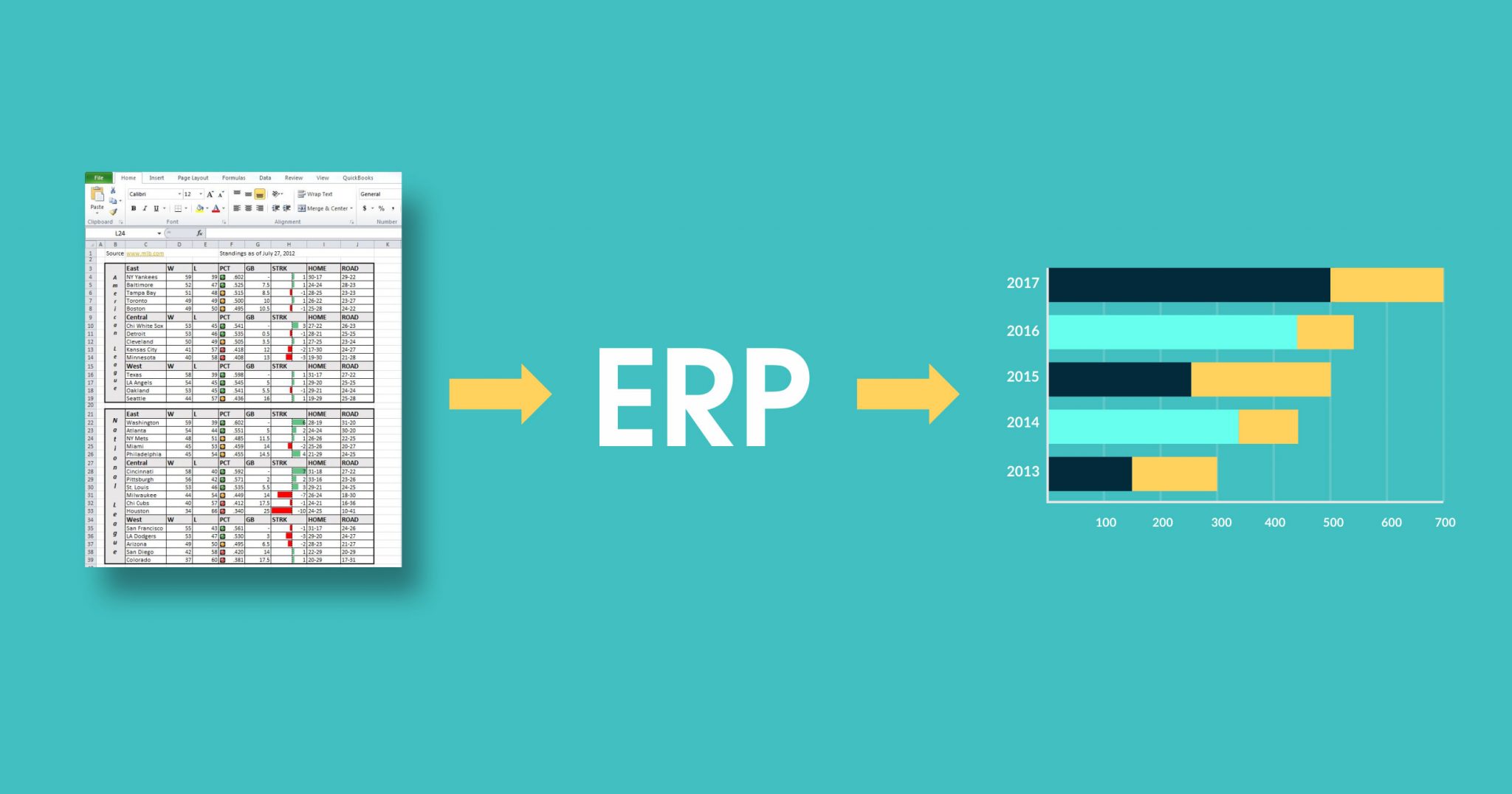Organizations today need an affordable, practical and simple solution to meet the requirements of the customer. For this, it is essential for marketing, sales and distribution to seamlessly exchange data at all times. To achieve this, organizations need an ERP to maintain a seamless exchange of data throughout the business process. To make the most accurate decisions, a Cloud ERP with inbuilt Business Intelligence is required.
1. Sales Person
It is common that organizations set a sales target. The sales target is a number which is to be achieved by a salesperson in a particular span. Span can be a day, week, month, quarter or a year. ERP evaluates the performance of every salesperson by calculating the variation between the sales target and sales made by a salesperson.
How is this helpful?
This reduces the complexity of maintaining timely records of the sales made by a person manually. You get the overall performance of the salesforce which saves a lot of time and effort.
2. Product/Service Evaluation
Not all products/services of an organization performs well in all regions. If the organization has more than one branch, an ERP updates the sale record of that area at that duration. The system gives an overall view of each product/service region wise and duration wise.
How is this helpful?
This helps in deciding which product/service is performing well and in which area. Also, helps in making decisions if the product/service needs to be remarketed or closed down.
3. Conversion Rate
As discussed above an ERP keeps a record of the sales made by a salesperson. Measure the accuracy of your sales team by calculating the number of leads getting converted into customers.
How is this helpful?
Know how the sales team is performing in different areas. If a sales team is performing poorly it makes easy for the organization to cater to the problems and make decisions.
4. Budget and Forecast
Depending on the sales data over different times, an ERP gives an analysis using the existing data which helps in forecasting and setting budgets for the next marketing strategy. Data is generally obtained by monitoring changes in buying behavior based on demographics, geographies, psychographics and behavioral buying data.
How is this helpful?
This helps an organization set new strategies and adapt to the changing competition and market. An organization can estimate future demands from various regions and plan their distribution channels accordingly. With this setting budget for future marketing plans becomes easy.
An ERP gives you a single integrated view of the entire organization’s performance. This helps in making accurate decisions from recruiting the right salesforce to anticipating the best marketing strategy.





